Divergent perspectives on DEI: Is it still relevant?

For decades, diversity, equity, and inclusion (DEI) initiatives have played a significant role in creating inclusive workplaces, which contributed to women achieving progress in society, particularly in business and leadership. Yet, as with any advocacy, there are shifts in perspectives, and DEI is now facing a crossroad. While some corporations, like Facebook (now Meta), have reduced or eliminated DEI as a priority, institutions like the Vatican are breaking new ground by appointing women to senior roles. This tension between corporate retreat and societal advancement leads us to question: Is DEI still relevant, or has it become a passing trend?
DEI in the corporate world: Retreat or recalibration?
The evolution of DEI has reshaped the corporate landscape. Historically, many companies viewed DEI initiatives as a moral and ethical obligation. However, over the past decade, a broader understanding emerged: diversity isn’t just “nice-to-have,” it’s a strategic advantage. A 2023 McKinsey and Co. report revealed that businesses with more diverse leadership are 39 percent more likely to outperform their peers in profitability. Despite these benefits, DEI faces criticism. Meta, for instance, scaled back its DEI efforts citing “shifting legal and policy landscape,” questioning whether the costs outweigh the benefits. According to Forbes (2025), some critics argue that corporate DEI programs have become too focused on quotas or symbolic gestures rather than driving real systemic change.
Undeniably, this necessitates a delicate balance. On the one hand, DEI is about promoting a workplace culture that values diverse experiences and perspectives. On the other, it requires ongoing evaluation and recalibration to ensure that it does not become a box-ticking exercise. For DEI to work, it must be approached as a long-term commitment to transformation, not just an annual initiative.
A broader view: Gender inclusivity in the Vatican
In striking contrast to the corporate world, the Vatican recently made history by appointing a woman, Sister Raffaella Petrini, to the highest-ranking position ever held by a female in the Vatican’s governance structure. This move signals the Church’s commitment to inclusivity in one of the most traditional and male-dominated institutions globally, expanding beyond business and politics into cultural and religious institutions. This is a powerful reminder that DEI efforts need not be confined to the corporate sector; social change can happen anywhere, and the appointment of women to leadership positions in religious institutions signals a transformative shift toward equality in all domains.
DEI in the current and future environment
The views on DEI vary across different regions and industries. A 2022 PwC survey revealed that while 85 percent of organizations believe DEI is crucial for success, 31 percent see it as a barrier to their progression. These mixed sentiments suggest that many business leaders are rethinking how to approach DEI, especially in light of shifting economic priorities. These global concerns are mirrored in the Philippines. In some industries, DEI is viewed as a marketing tool rather than deeply embedded in a company’s DNA. The Philippine Women’s Economic Network (PhilWEN), through the Philippine Business Coalition for Women Empowerment (PBCWE), advocates for DEI by demonstrating how it can be a catalyst for business success. A recent census conducted by the PBCWE shows a steady increase in the number of women in leadership roles in publicly listed companies across various industries in the Philippines. However, challenges remain in ensuring equal representation at the top levels.
For PhilWEN and many Filipino businesses, the future of DEI lies in its integration into every facet of the company—from hiring practices to leadership development. Global surveys such as those from Glassdoor show that three in four job seekers consider diversity and inclusion as consideration in their choice of potential employers. This means that DEI is not just a trend but a key factor in creating a long-term employer-employee relationship.
The path forward: Why DEI matters
As we move further into 2025, it is clear that DEI is not fading but evolving. For some companies, this evolution means refining their DEI approach to focus on systemic change rather than just representation. While some companies may question the long-term viability of DEI, we should stand firm and believe that it is more than just a passing trend—it is a necessary evolution for every sector, including business, politics, and culture.
As we look back on the significance of Women’s History Month, let us reaffirm our commitment to advancing gender equality and social justice through effective, meaningful DEI strategies. By doing so, we ensure that women, and all marginalized groups, have an equal stake in shaping the future.
—————-
Ma. Aurora “Boots” Geotina-Garcia is founding chair and president of PhilWEN, and governing council chair of PBCWE.
—————-
Women Who Lead is an initiative of PhilWEN.













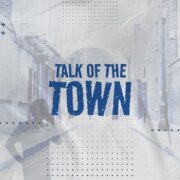

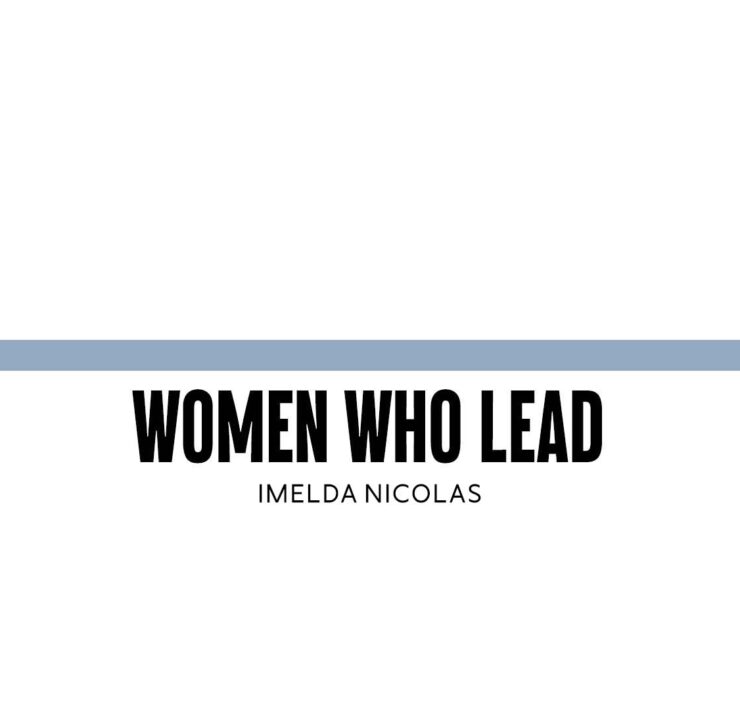
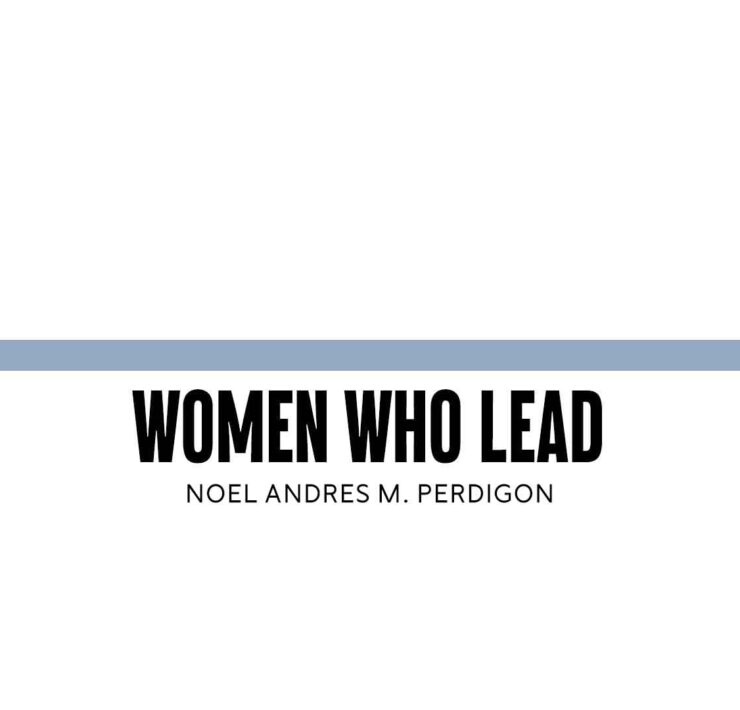
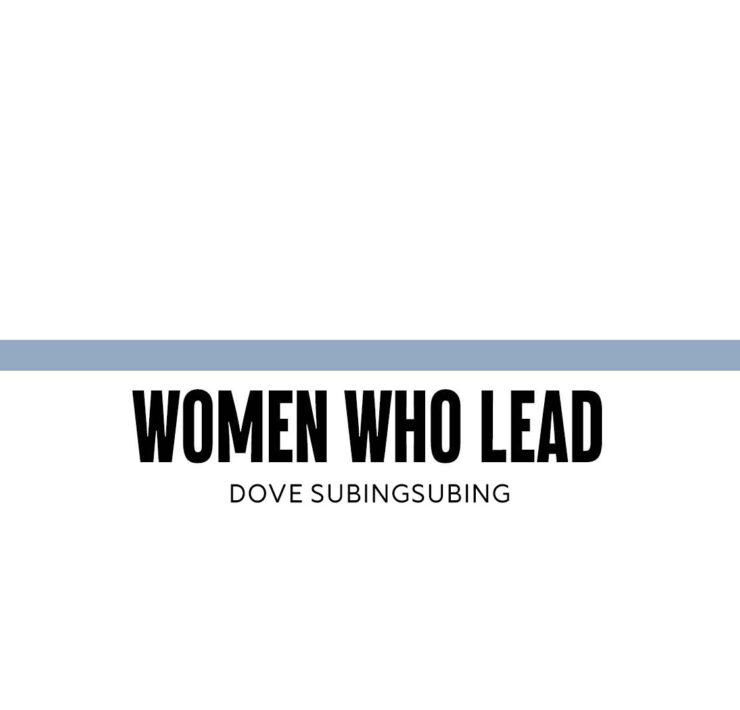
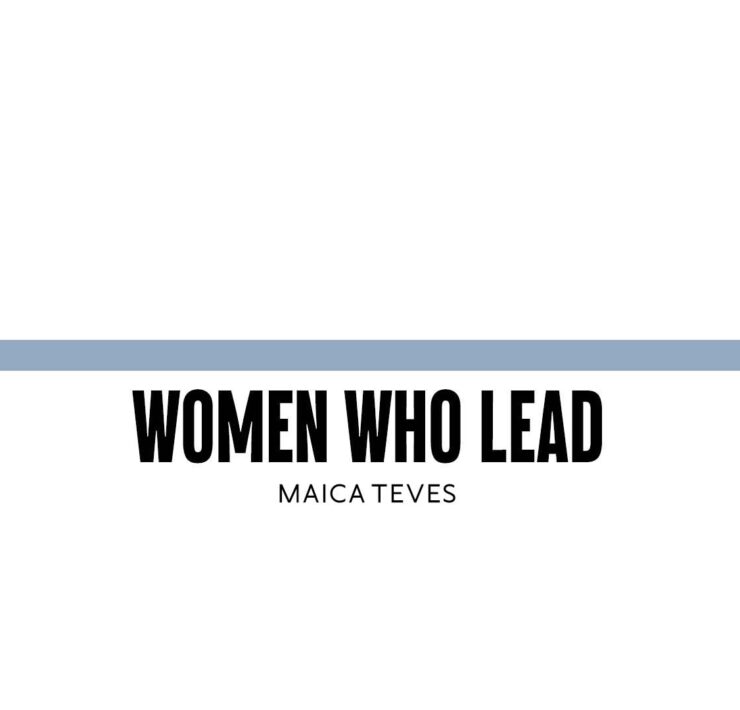


Why the Philippines must prioritize its nurses